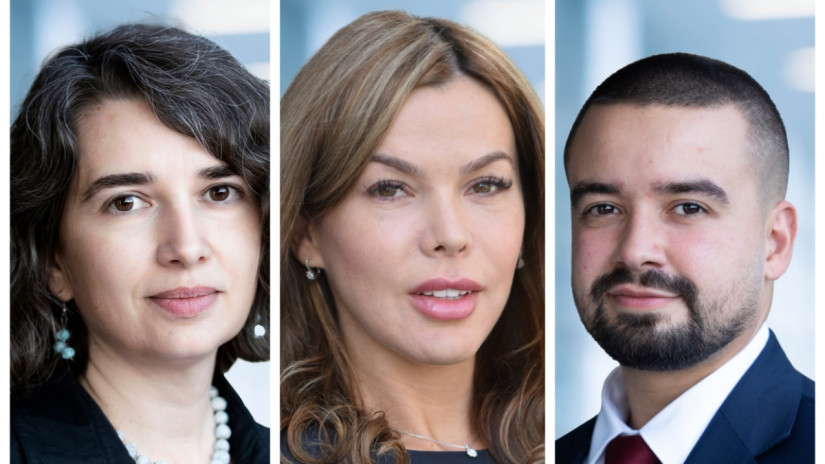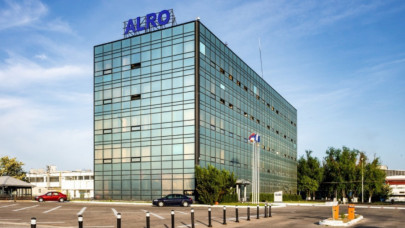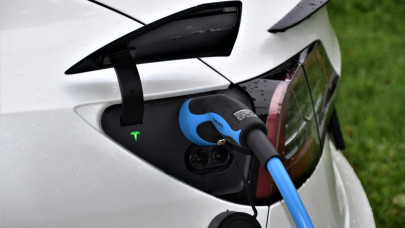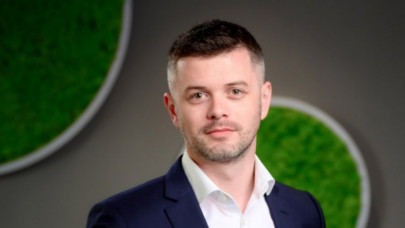The EU targets for renewable energy include complex grid integration challenges. How does KPMG Romania's advisory approach address these challenges, and what specific services do you offer to help Romanian companies optimize their renewable energy integration strategies?
Grid integration challenges associated with renewable energy are multifaceted and range from upgrades of transmission and distribution infrastructure to accommodate the location of renewable resources, to managing grid stability due to fluctuations in renewable output that further require balancing generation and consumption in real-time to avoid disruptions, and finally to reassessing the existing regulations that may not fully incentivize grid investments.
KPMG in Romania, in common with other KPMG firms, has developed over the years a leading global Energy, Sustainability and Climate Change practice. We offer a wide range of advisory services to clients in their journey towards building, operating, buying or selling renewable energy projects, for example, and many others such as legal and fiscal assistance. Our Energy Deal Advisory team is acting primarily as an exclusive sell-side M&A advisor in relation to several opportunities to invest in renewable energy generation assets, which total more than 3GW capacity, to be put into function within the next few years. Our focus is on promoting the highest quality projects, which, among other aspects, require the least additional investment in reinforcing the transmission and distribution grids, to evacuate the generated power.
Other advisory services that KPMG in Romania provides to support the above-mentioned challenges include developing forecasting models to predict the output of renewable energy sources and electricity prices, enabling investors and grid operators to make informed decisions. We also provide regulatory advisory services, more specifically guidance on updates of policy and regulatory frameworks. KPMG in Romania could also team up with technical consultants to assist with business models for assessing upgrades or investments with the view to reinforce the transmission and distribution grids.
From 2025, companies will be required to publish a sustainability report. Do you think companies in Romania are prepared for this? What will be the biggest challenges for them?
This is a very good question and it should be on the immediate agenda of each management team of companies that are in the scope of the new Corporate Sustainability Reporting Directive (CSRD) and at large, on the mind of every company that aims to stay in the market for the long term as they will be impacted indirectly, through the value chain.
While some companies may have already begun preparations for this transition, it is likely that many are still in the early stages of readiness. One of the biggest challenges for companies in Romania will be establishing robust systems and processes to collect, analyze, and report on sustainability data effectively. This may require significant investments in both technology and human resources, particularly for smaller and medium-sized enterprises with limited resources. At the same time, companies will have to think of how the sustainability concepts are incorporated into the business strategy, how good their policies are and if they are ready to be audited for non-financial data in a similar way as for the financial data.
We welcome the introduction of the mandatory requirements for companies to publish sustainability reports, which in our view represents a significant shift towards transparency and accountability in Romania's business landscape.
Can you outline KPMG Romania's approach to developing ESG reporting strategies that are not only compliant but also transparent and impactful for stakeholders?
ESG is increasingly not just about compliance, but about meeting the demands of stakeholders. More and more businesses are finding that their clients, employees and the wider community expect ESG to be at the heart of their business strategy.
So KPMG in Romania helps our clients develop clear and transparent ESG reporting systems, to satisfy a wide audience. Of course, we help with mandatory reporting, such as compliance with the EU's new Corporate Sustainability Reporting Directive (CSRD) which affects approx. 60,000 EU and non-EU companies will have to meet the European Sustainability Reporting Standards (ESRS) from the financial year 2024 on, or with the IFRS Sustainability Disclosure Standards (ISSB), which will require companies to communicate the sustainability risks and opportunities they face over the short, medium, and long term. We are doing this in close cooperation with our clients and we use best practices from our network to speed up the adoption of various reporting tools and practices.
The European Union views green hydrogen as a key element in achieving carbon neutrality. How is KPMG Romania advising companies on the potential and challenges of green hydrogen development in Romania? Are there specific services you offer to help companies explore opportunities in green hydrogen production, storage, or utilization?
There are clear signs that a new global hydrogen market is developing, with the emergence of formal marketplaces, corporate alliances and industry associations. Green hydrogen is gaining increasing attention due to its potential to decarbonize several sectors of the economy, including transportation, heavy industry, and power generation.
Our Energy, Sustainability and Climate Change practice is at the forefront of the energy transition, working to promote emerging technologies as they become commercially viable, either in the presence or absence of subsidies meant to hasten their adoption on a broader scale. A key message of our practice is that adopting a climate-friendly business model, that incorporates technologies fully powered by renewable energy sources, should not be considered just a compliance cost. Instead, it represents a way to turn the climate-risk challenge into a business opportunity, reducing greenhouse gas emissions, and enhancing the brand perceptions and value among today's consumers and industry partners. In much the same way, a number of institutional investors are setting their own standards for sustainable investment portfolios, prompting the organizations they invest in to ‘go green' in response.
So far, the key challenges with respect to the widescale deployment of green hydrogen are linked to developing the necessary infrastructure for green hydrogen production, storage, transportation, and distribution that requires significant investment and coordination among stakeholders, cost competitiveness since its production is currently more expensive compared to conventional hydrogen and of course, developing a regulatory and policy framework to support investments, on the long term.
We can support companies by conducting feasibility studies, and assessing green hydrogen projects from economic and regulatory perspectives, including technical and infrastructure requirements. As explained, there are still a lot of challenges and complexities around green hydrogen development in Romania, but we are constantly monitoring the changes and we are here to support our clients to capitalize on the opportunities presented by this emerging sector, at the right moment.
What are the main objectives for KPMG Romania regarding sustainability in 2024 and the coming years?
KPMG in Romania publishes an Impact Plan every year, setting out our ESG strategy and progress on sustainability. For example, we aim to be carbon neutral by 2030, to create a sense of belonging for our workforce and to continue to deliver high-quality support for our clients and our communities.
And we are already making progress. KPMG member firms around the world have reduced gross emissions by 22 percent against our 2019 baseline. We have also increased renewable energy usage across our global organization to 81 percent. At the global level, KPMG member firms are investing more than US$4 billion dollars in ESG, Talent and Technology.
Locally, we have been recognized for our efforts as we won first place for Learning Strategy and Execution in the first competition of its kind in Romania organized by LinkedIn Learning in partnership with Undelucram.ro. Also, KPMG has designated the company in Romania that is most involved in providing a state of well-being to its employees and the community in which it operates. KPMG received first place and the title of "Top WellBeing Employer of The Year", at the gala organized by Bodyshape Romania, the initiator of the Top WellBeing Employer of The Year competition.
A key part of our sustainability strategy is not only to make good on our own ESG commitments but also to help our clients achieve their ESG goals. Considering the large number of clients around the world of KPMG member firms, this makes a huge impact.














